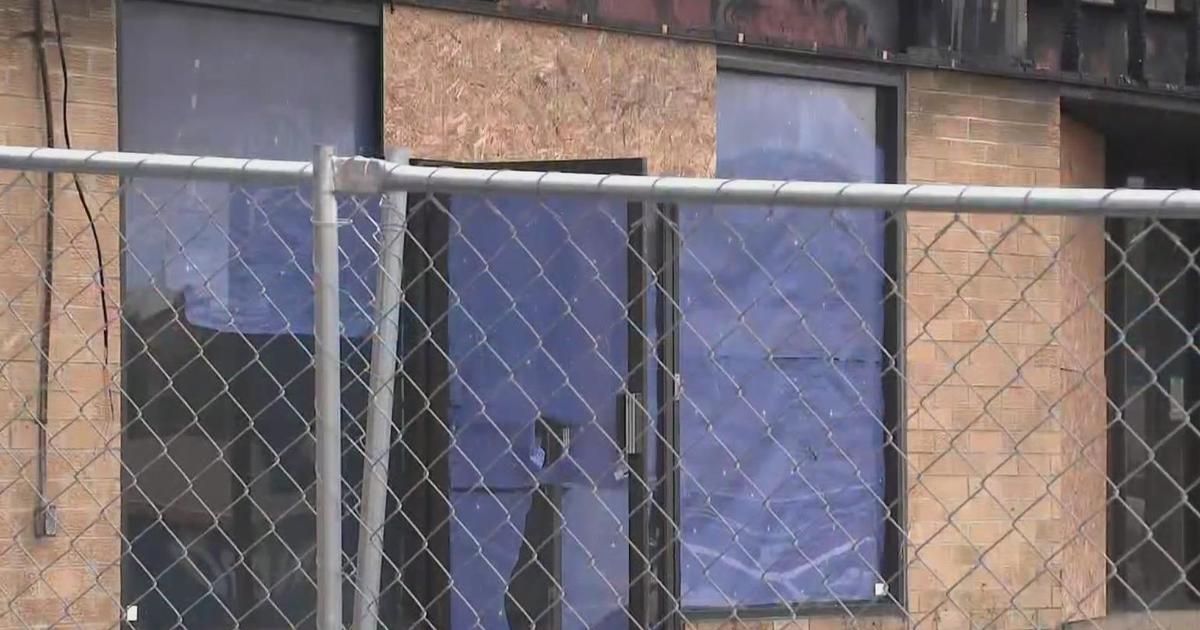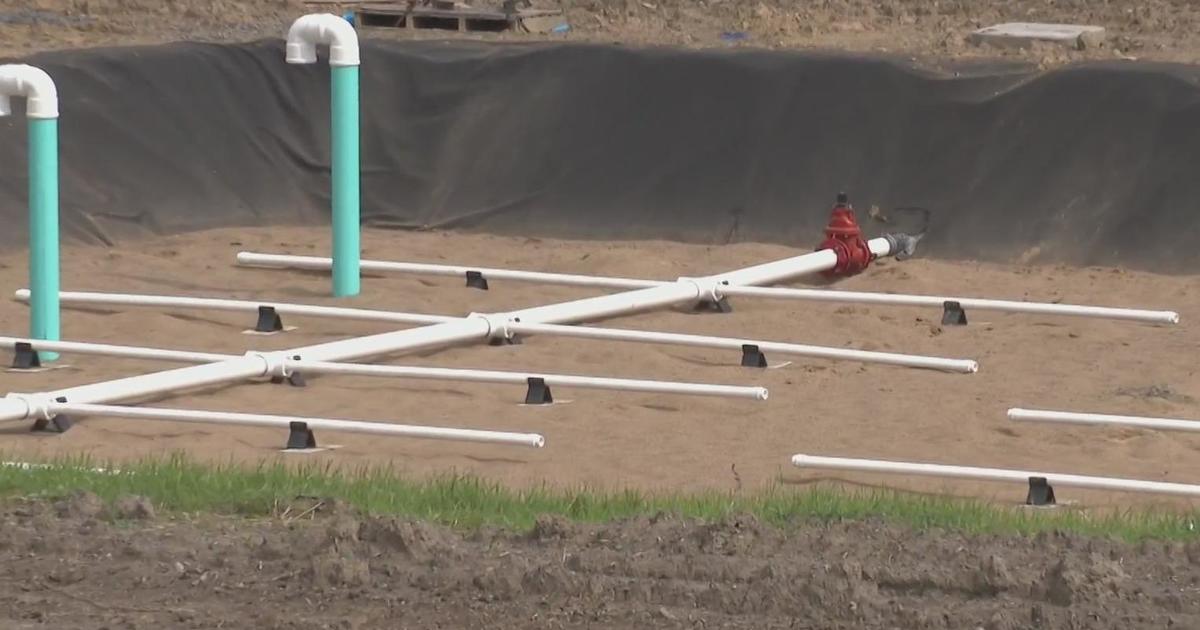Rick's Quick Fix: Taking Care Of Your Car When You're Not Driving It
PITTSBURGH (KDKA) - Many people have been working from home during the COVID-19 outbreak. It means many cars have likely been parked, perhaps for weeks at a time. Here are some hints and do-it yourself tricks that will help you be certain that when you do need your car, it will be ready to roll.
"Letting them sit is not good," says Ed Yeager, the owner of Ed Yeager Automotive Repair and Collision in Allison Park.
Yeager says one of the hardest things on your car is parking it and letting it sit. One of the first things to go: the battery.
"A couple, three weeks and you may have some issues with that," says Yeager.
It doesn't take much to maintain a good charge in your battery.
"It's always good to -- once or twice a week – start the car and let it run for 10 to 15 minutes. Get it running and, if possible, moving. Let the alternator put it back into the battery."
If you can't drive it, you can connect a trickle charger or portable jump pack to your car to keep the battery charged and healthy.
While your car is parked, it could be creating a small problem for your brakes. Look at what happens to your brake rotors. After a few days of not being drive, you can start to see rust forming on the rotor. When you do drive the car, be prepared for a grinding or rubbing sound and feel from your brakes.
"Your rotor is bare metal," explains Yeager. "The newer ones have a coating on them, but it's just on the inside. It's not on the wear surface. The wear surface gets rusty just from condensation, the weather, humidity, and that's what you're hearing when you first start out. You hear like a grinding noise or a rough noise."
But don't worry. You do not need to replace your brake pads or rotors. Driving the car a few times around the block will rub away the surface rust and make it feel normal again.
Springtime, however, can create a different problem inside your gas tank. It has to do with the fact that we are still having cool nights, but things heat up during these early spring days. That can lead to condensation in your gas tank. To avoid that problem, make sure your car is full of gas.
The problem with condensation in the tank could be two-fold. If the car sits long enough, Yeager says you could get some rust inside the tank. The other issue is that the condensation could eventually be pulled into the fuel line -- and that can create problems for fuel injectors.
If you have more than one car, Yeager says it is a good idea to rotate which car you drive: "Drive them all around town if at all possible. Get the rust off the rotors. Keep the fluids moving through the engine. Keep the gas tank full. "
There is one more thing you can do, and it's really pretty easy. It's nice to have a clean car, but the wax can make a difference in protecting your car's paint and finish while it sits in the sun. Plus, it will make it much easier to wash away dust, pollen, even bird droppings off the car when you do start driving it again.



